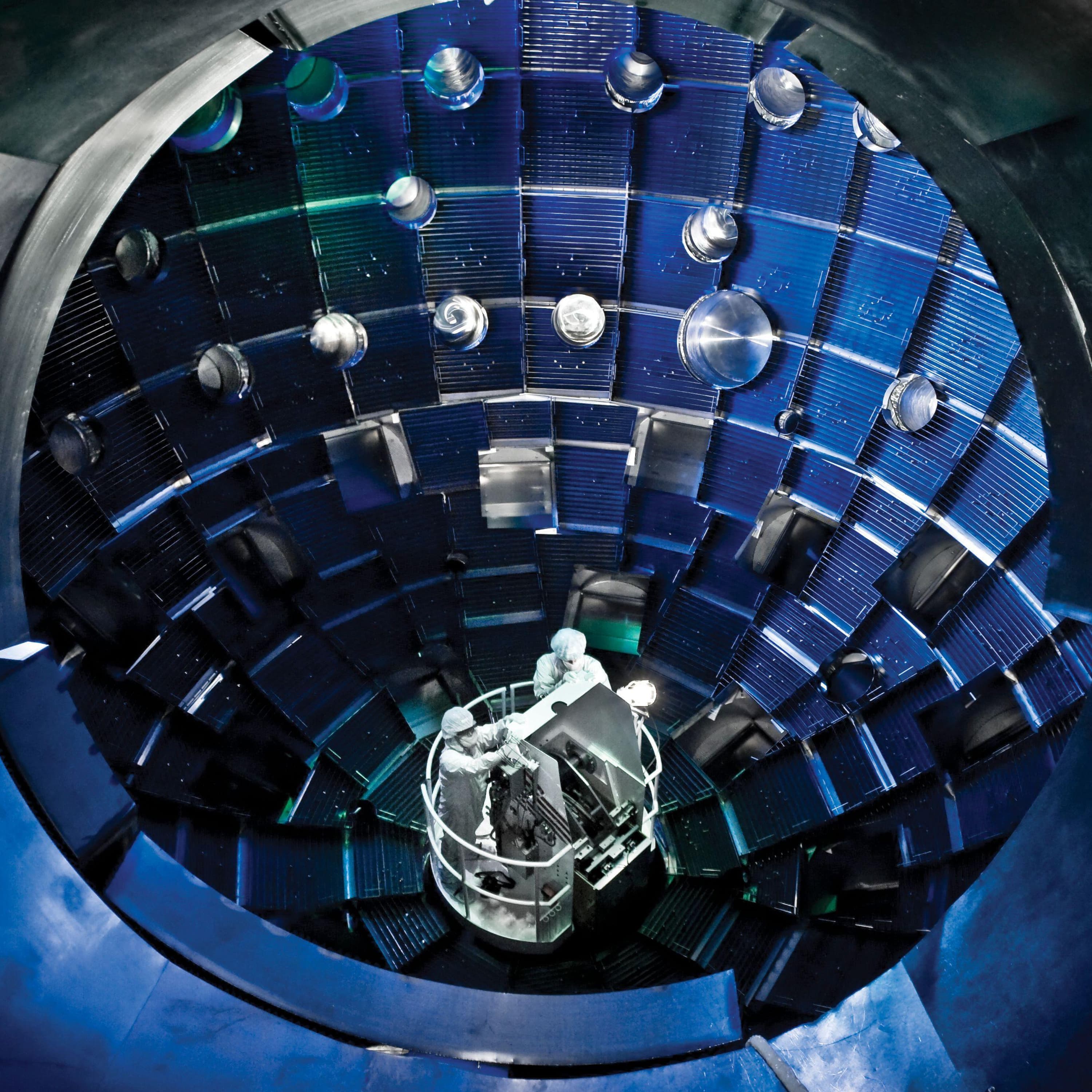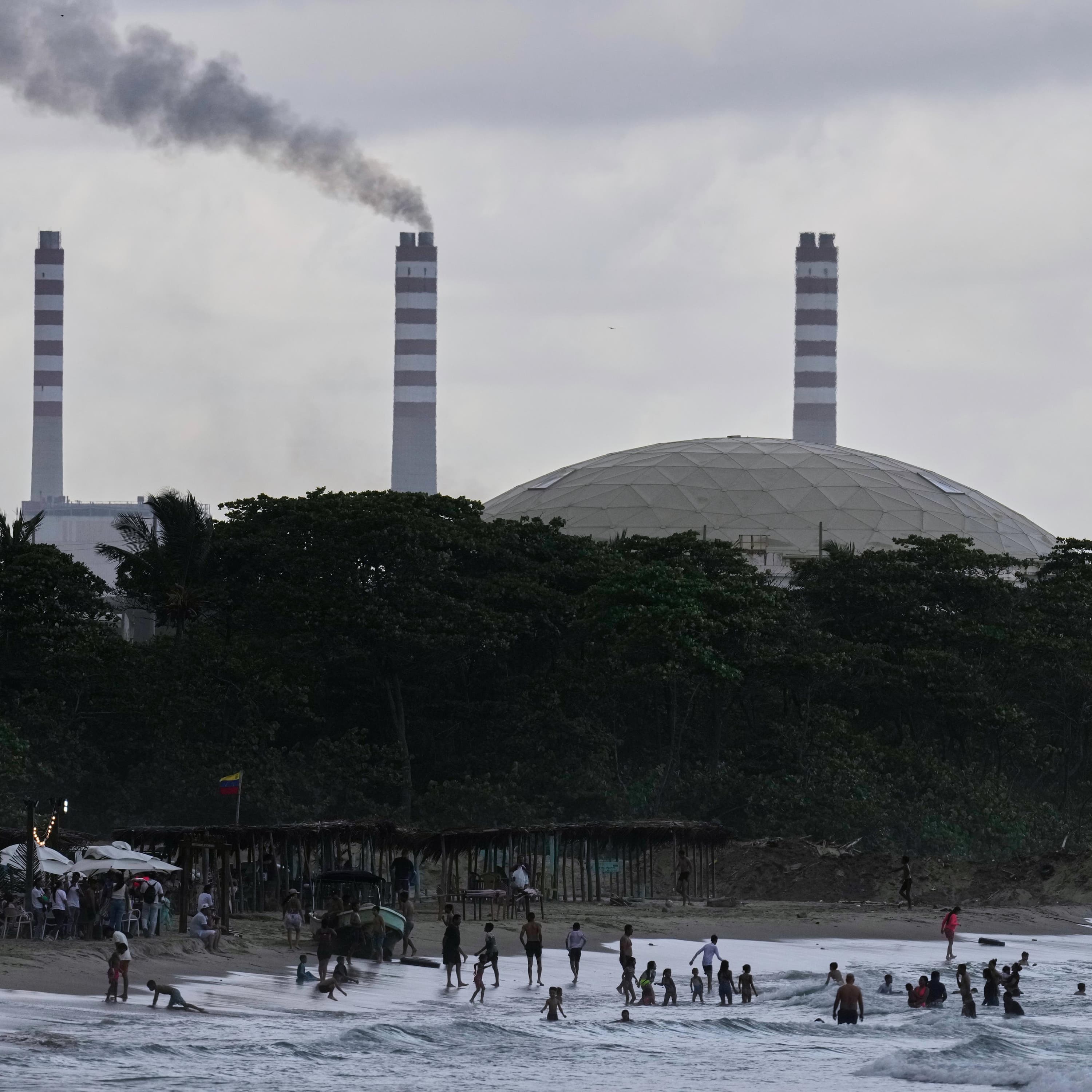
What is ‘mirror life’ and why are scientists sounding the alarm?
Loading player...
Recently, a group of world-leading scientists called for a halt on research to create ‘mirror life’ microbes amid concerns that the synthetic organisms would present an ‘unprecedented risk’ to life on Earth. Ian Sample tells Madeleine Finlay about why this work initially seemed exciting for scientists and what the risks of it continuing could be. And Kate Adamala, assistant professor of genetics, cell biology and development at the University of Minnesota, describes what made her change her mind about pursuing her own research on mirror cells. Help support our independent journalism at theguardian.com/sciencepod





